Roselle (Hibiscus sabdariffa) is a species of Hibiscus native to West Africa. It's found in many places around the world, including Ghana, India, Senegal, Mali, Nigeria, Congo, Gambia, Malaysia and elsewhere. In the various countries, the plant is known by different names. It's called rosella fruit, carcade and others. Roselle earned worldwide popularity thanks to the red Hibiscus tea made from it.
Roselle is a shrub about 10 ft (3 m) tall. It's distinguished by elongated, light green leaves, several of them growing from a single red stem. The flowers are relatively large, deep red, reaching up to 4″ (10 cm) in diameter. Roselle is a highly valued plant, since nearly every part of it is used for something, whether for cooking or medicine.
Composition of Roselle
The plant contains numerous beneficial substances, making it an exceptionally valued representative of the flora. Roselle is a source of tartaric acid, citric acid and maleic acid. It also contains amino acids, proteins, glycosides, flavonoids and polysaccharides.
Hibiscus Tea
The plant gained popularity all because of the warm beverage of the same name - roselle. It has been made since the time of the pharaohs and Egyptian priests. It was called the "drink of the gods".
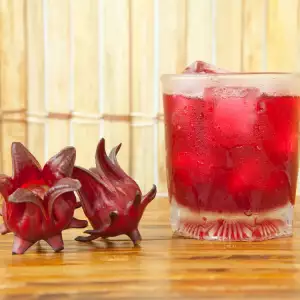
To prepare the tea, the calyces of the roselle flower are used. Once the flower over-blooms, the calyx becomes significantly larger, obtaining a fleshy appearance. Then the calyces are collected and processed, to produce the warm beverage.
Hibiscus tea from roselle stands out with its sweet-and-sour taste. It refreshes and tones. The drink captivates not only with its taste but with its impressive floral fragrance also. The tea tastes amazing both warm and cold.
This fact makes it a preferable drink not only during the cold months but during the summer heat waves. Interestingly, when drunk warm, the beverage raises blood pressure. When cooled, it lowers it. Hibiscus tea is renowned for its endless health benefits as a component of various other beverages, such as cocktails and shakes.
Cooking with Roselle
Roselle has various applications in cuisine. The fresh leaves of the herb are used in salads. The seeds of the plant are used as a spice. When ground, they are put into stews, soups, risottos and casseroles.
Roselle is also used to make other types of beverages, besides hibiscus tea. In Jamaica, for example, they use the flowers to prepare a drink, to which they also add rum, honey (or sugar) and ginger. In Trinidad and Tobago, the fragrant plant is used to make a special type of local beer.
In Panama, they mix a drink with roselle flowers, and besides ginger and sugar, they add further flavor to it with cinnamon, cloves and nutmeg. Locals in West India and Mexico prepare a special drink with the exotic plant for certain family occasions.
Infusions of the herb are highly cherished in Senegal, Mali and Gambia. Well chilled, they add the perfect finishing touches to not only cocktails and juices but also ice creams and creams. The best part is, the resulting dessert will have quite healthy properties.
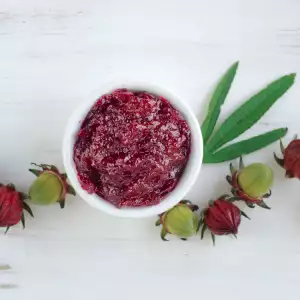
In China, they use the same plant to whip up a drink which they combine with green tea and wine. They also love eating the petals of this species of Hibiscus, after having candied them beforehand. The plant is also used to make jellies, compotes, sauces. Other uses of roselle include adding color to canned pears, pineapples and quinces.
Benefits of Roselle
The benefits of roselle have been known to people for many centuries. The plant has an overall strengthening and toning effect. It acts as a diuretic and helps with kidney problems. According to the many studies, this species of Hibiscus helps decrease the levels of harmful fats and bad cholesterol in the body. It also protects against heart attack and stroke.
The plant strengthens blood vessels and has beneficial effects on the gastrointestinal tract and liver. It soothes the nervous system, which is why it's recommended for people who have a more fragile psyche and often find themselves in a depression or feel an unwarranted sense of fear. Due to its sweet-and-sour taste, Hibiscus tea is also recommended for hangovers. It provides energy and quenches thirst.
The herb helps against cold and flu, plus alleviates spasms. Regular use of it in the form of tea will definitely improve the condition of your internal organs and fuel your body with the vitamins and acids it needs, making it healthy and toned.
Hibiscus tea has the ability to normalize blood pressure, as mentioned. A study done not too long ago, which included people aged 30-70 with high blood pressure, showed that Hibiscus tea lowered their blood pressure by 7.2%.
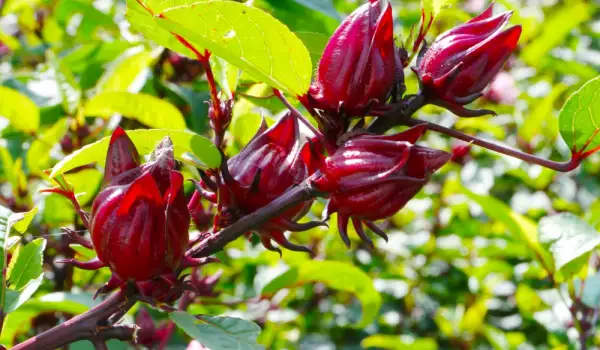
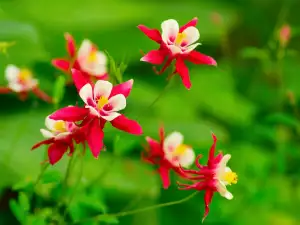
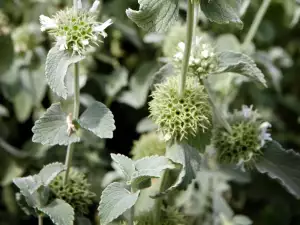
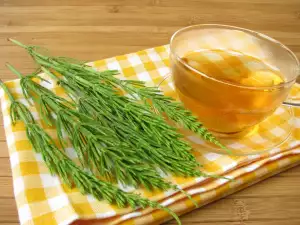
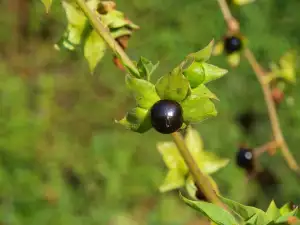
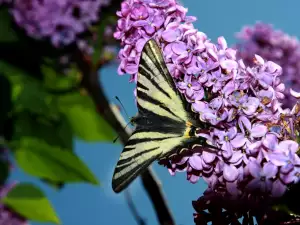
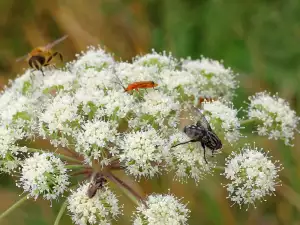
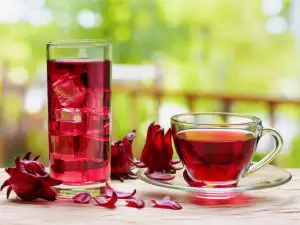
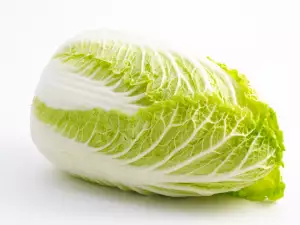
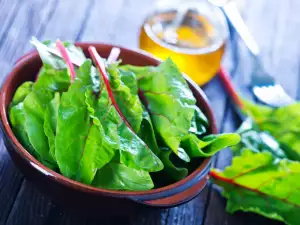
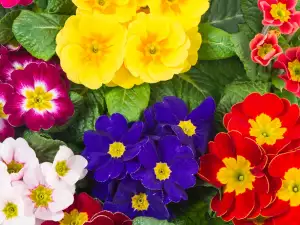
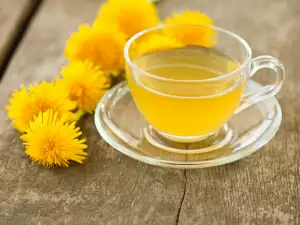
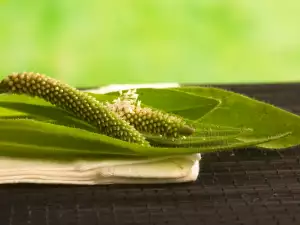
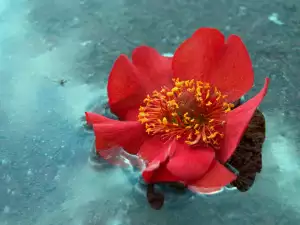
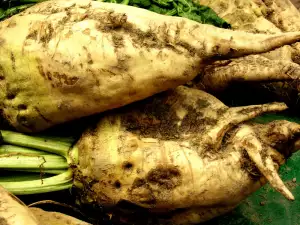
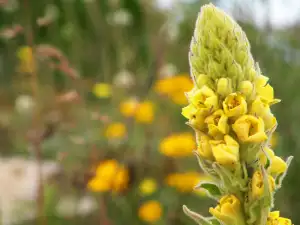
Comments